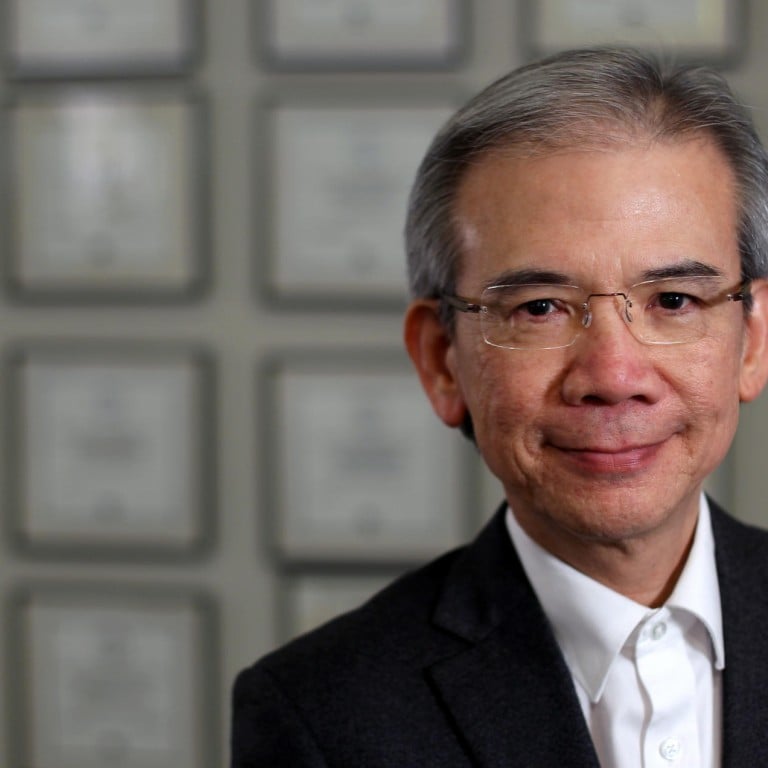
'Public will be judge' of reform plan's credibility
Exco convenor says package put before lawmakers must pass the people's test and be recognised as 'fair, open and just'
The government needs to table a proposal "broadly endorsed by the public" to prove that its consultation process on political reform has been a success, a top adviser to Chief Executive Leung Chun-ying says.

The focus has been on the nominating process since the government launched its five-month consultation in December to gather public opinion on how universal suffrage should be implemented for the 2017 poll.
Pan-democrats are calling for the public to have a say in nominating candidates, while officials have highlighted Article 45 of the Basic Law, which states that a committee shall be responsible for putting forward candidates "in accordance with democratic procedures".
Officials will come up with a consultation report in the summer, before starting another round of consultation and then putting a reform package before lawmakers at the end of the year.
Lam said on Wednesday that while he appreciated officials' approach in talking to different parties, only the final product would reveal whether they had done a good job. "Hongkongers have sharp eyes, they may not argue with you on what is the most reasonable nomination method, but they will know whether it is reasonable when they see the product," Lam said.
"So, when the government tables a proposal, can it pass Hongkongers' test and be recognised as fair, open and just? That will be the proof of the pudding."
Pan-democrats worry Beijing is determined to screen dissidents out of the 2017 election.
The dean of law at Tsinghua University, Wang Zhenmin, said recently that Hong Kong must uphold business interests as it moves towards universal suffrage, to protect meritocracy.
On the apparent stalemate between the pan-democrats and Beijing, Lam said both sides needed to be pragmatic.
"We have a process in which we can express our views [to Beijing]," he said. "You can say that in the end it is they who are calling the shots, but is it true? In reality, from my 40 years in public service, I think it is not; there's really an interactive process, and the stakeholders' participation is very important."
He said the central and local governments should strike a balance between their worries and public expectations.
"If society can accept that a person who gets through [the nominating committee's] gate must not be confrontational towards Beijing, there should be many candidates. Yet this gate must also be seen as wide enough to allow a range of people to get through," Lam said.
"It shouldn't be so narrow that only your favourite sons can pass. If the proposal is too biased, the people will criticise you."
In November, Lam faced calls to quit Exco after he urged Leung to "conduct a thorough review of the decision-making process" behind the contentious decision to deny Hong Kong Television Network a free-to-air television licence.
On whether he felt disillusioned about his job, Lam said that while he had advised Leung "honestly" in the past year, as "an independent free-thinking person, you have to have a pragmatic view in public service that not all decisions go your way".
Lam declined to say whether he would stay in his job until the end of his term.
"No one knows what is to come," Lam answered. "I'm not saying [yes or] no, but when I agreed to join [Exco], it wasn't something I took lightly."

